Marin Alsop & Baltimore Symphony Orchestra - Bernstein: Symphonies Nos. 1 & 2 (2017) [Hi-Res]
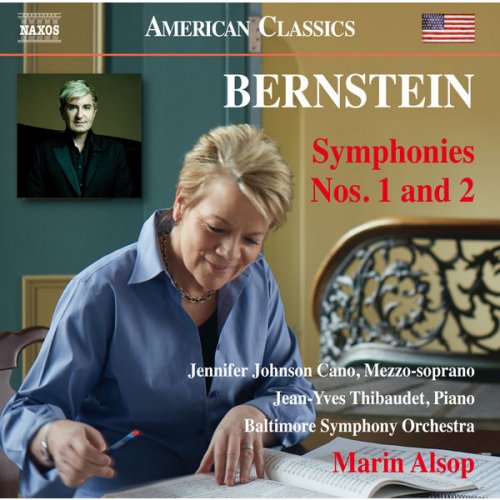
Artist: Marin Alsop, Baltimore Symphony Orchestra
Title: Bernstein: Symphonies Nos. 1 & 2
Year Of Release: 2017
Label: Naxos
Genre: Classical, Modern Era, Orchestral
Quality: flac lossless / flac 24bits - 96.0kHz +Booklet
Total Time: 00:59:29
Total Size: 212 / 1007 mb
WebSite: Album Preview
Title: Bernstein: Symphonies Nos. 1 & 2
Year Of Release: 2017
Label: Naxos
Genre: Classical, Modern Era, Orchestral
Quality: flac lossless / flac 24bits - 96.0kHz +Booklet
Total Time: 00:59:29
Total Size: 212 / 1007 mb
WebSite: Album Preview
![Marin Alsop & Baltimore Symphony Orchestra - Bernstein: Symphonies Nos. 1 & 2 (2017) [Hi-Res]](https://www.dibpic.com/uploads/posts/2020-05/1590395219_marin-alsop-baltimore-symphony-orchestra-bernstein-symphonies-nos_-1-2-2017-back.jpg)
Tracklist
01. Symphony No. 1 "Jeremiah": I. Prophecy
02. Symphony No. 1 "Jeremiah": II. Profanation
03. Symphony No. 1 "Jeremiah": III. Lamentation
04. Symphony No. 2 "The Age of Anxiety", Pt. 1, The Prologue. Lento moderato
05. Symphony No. 2 "The Age of Anxiety", Pt. 1, The Seven Ages: Var. 1, L'istesso tempo
06. Symphony No. 2 "The Age of Anxiety", Pt. 1, The Seven Ages: Var. 2, Poco più mosso
07. Symphony No. 2 "The Age of Anxiety", Pt. 1, The Seven Ages: Var. 3, Largamente, ma mosso
08. Symphony No. 2 "The Age of Anxiety", Pt. 1, The Seven Ages: Var. 4, Più mosso
09. Symphony No. 2 "The Age of Anxiety", Pt. 1, The Seven Ages: Var. 5, —
10. Symphony No. 2 "The Age of Anxiety", Pt. 1, The Seven Ages: Var. 6, Poco meno mosso
11. Symphony No. 2 "The Age of Anxiety", Pt. 1, The Seven Ages: Var. 7, L'istesso tempo
12. Symphony No. 2 "The Age of Anxiety", Pt. 1, The Seven Stages: Var. 8, Molto moderato, ma movendo
13. Symphony No. 2 "The Age of Anxiety", Pt. 1, The Seven Stages: Var. 9, Più mosso tempo di valse
14. Symphony No. 2 "The Age of Anxiety", Pt. 1, The Seven Stages: Var. 10, Più mosso
15. Symphony No. 2 "The Age of Anxiety", Pt. 1, The Seven Stages: Var. 11, L'istesso tempo
16. Symphony No. 2 "The Age of Anxiety", Pt. 1, The Seven Stages: Var. 12, Poco più vivace
17. Symphony No. 2 "The Age of Anxiety", Pt. 1, The Seven Stages: Var. 13, L'istesso tempo
18. Symphony No. 2 "The Age of Anxiety", Pt. 1, The Seven Stages: Var. 14, L'istesso tempo poco più vivace
19. Symphony No. 2 "The Age of Anxiety", Pt. 2: The Dirge. Largo
20. Symphony No. 2 "The Age of Anxiety", Pt. 2: The Masque. Extremely Fast
21. Symphony No. 2 "The Age of Anxiety", Pt. 2: The Epilogue. L'istesso tempo
Marin Alsop is an American conductor and jazz violinist whose parents were both orchestral musicians, and whose father once toured with Fred Waring. Raised in a very traditional musical environment, Alsop studied music at Yale and took her degree in violin performance from the Juilliard School. Alsop's childhood idol was conductor Leonard Bernstein, and, in 1988 and 1989, she studied with Bernstein on a conducting Fellowship at Tanglewood. In 1989, Alsop was awarded the Koussevitsky Conducting Prize, and later that year the Stokowski Prize. Alsop also studied conducting with Seiji Ozawa, Carl Bamberger, and Harold Farberman. In 1981, Alsop founded the New York-based String Fever, a ten-piece chamber ensemble devoted to the literature of Big Band Swing. 1984, Alsop founded a larger group, the Concordia Orchestra, which performs classical music with as jazz flavor, compositions such as the orchestral works of stride pianist James P. Johnson, and the Gospel version of Handel's Messiah. In 1991, Alsop accepted a post as director of the Cabrillo Music Festival; two years later, she got her first job as the regular conductor of an American orchestra, the Colorado Symphony. Needless to say, the very idea that a woman could land a conductor's position in such a highly competitive, and overwhelmingly male, job market, did not escape the notice of commentators and the press. Nor did the level of accomplishment to which Alsop took her respective organizations; the Cabrillo Festival was distinguished with an ASCAP award in 1991, and the Colorado Symphony received the same honor in 1997 and 2000. Demand for Alsop's services as a guest conductor became very high, and in 1994 the position of "creative conductor chair" was invented for her at the St. Louis Symphony. In 1996, Alsop was appointed conductor laureate of the Eugene (Oregon) Symphony. Alsop responded to an increasing number of requests for European appearances by accepting the position of Principal Guest conductor of the London Sinfonietta. In 2001, Alsop agreed to become the Principal Conductor of the Bournemouth Symphony Orchestra, and began her tenure there in the 2002-2003 season. In 2006, the classical world was stunned by the news that Alsop had been named Principal Conductor of the Baltimore Symphony Orchestra, beginning with the 2007-2008 season. It was the first time a woman had been chosen for a regular conducting post with a major American orchestra, and not a choice that was without a measure of controversy. Nevertheless, Alsop seems good for it - in 2005 she won both the Royal Philharmonic Society's Conductor Award and Gramophone Magazine's "Artist of the Year" distinction, and became the first conductor to receive a MacArthur Fellowship. In the time Alsop has led the Bournemouth Symphony Orchestra she has helped build the orchestra into one of the UK's most popular ensembles. Alsop maintains an incredibly busy schedule, often conducting on both sides of the Atlantic in the same month. Surprisingly, Alsop is under-recorded by commercial classical music concerns. For Naxos, she has undertaken the complete orchestral music of Barber and works by Bartók, Brahms, Philip Glass, Roy Harris, Orff, Takemitsu, and Kurt Weill. Moreover, she has recorded an item here and there for other labels, including works of Rouse, Tower, Gershwin, James P. Johnson, Mark O'Connor, Mark-Anthony Turnage, and Edward Collins.
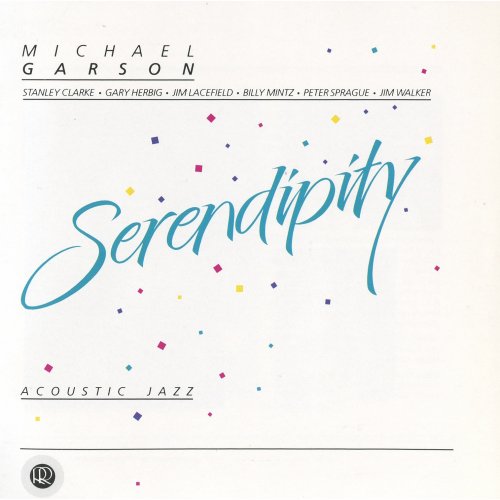
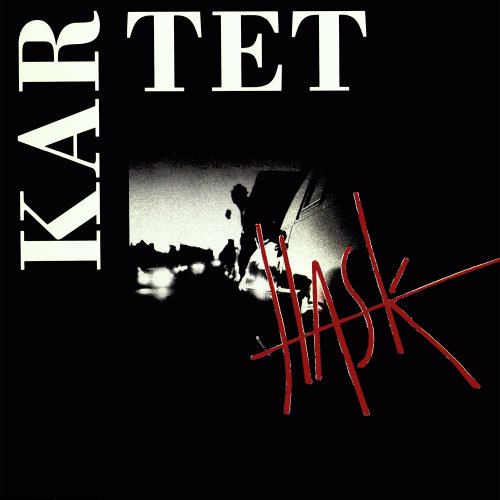
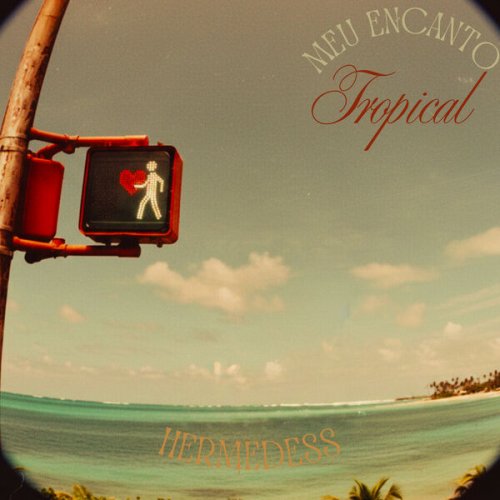
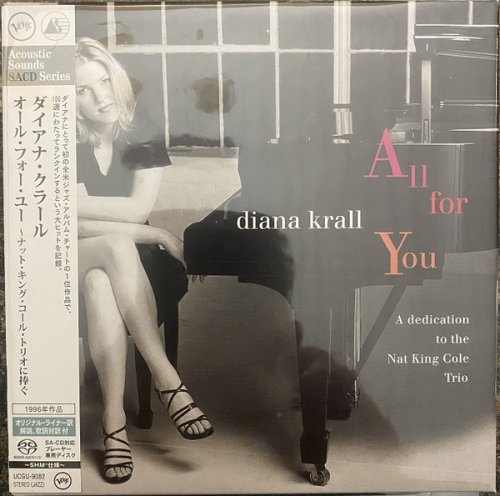
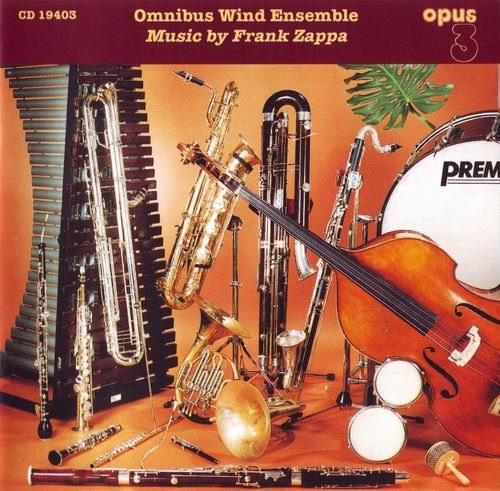
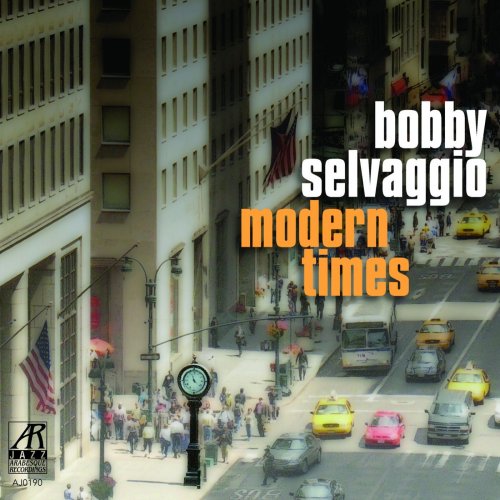
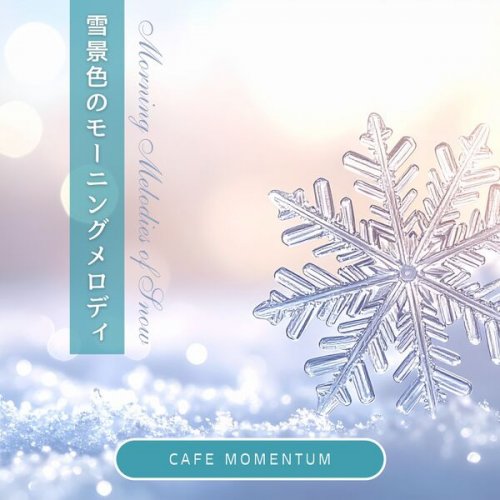
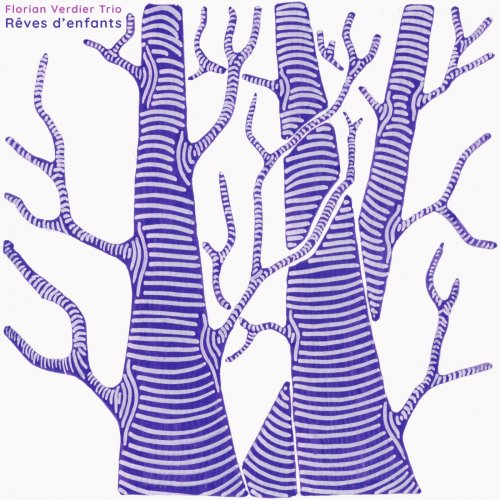
![Organic Pulse Ensemble - Bamboo Noodles (2025) [Hi-Res] Organic Pulse Ensemble - Bamboo Noodles (2025) [Hi-Res]](https://www.dibpic.com/uploads/posts/2026-01/1767515726_l8l51uoc94s2b_600.jpg)